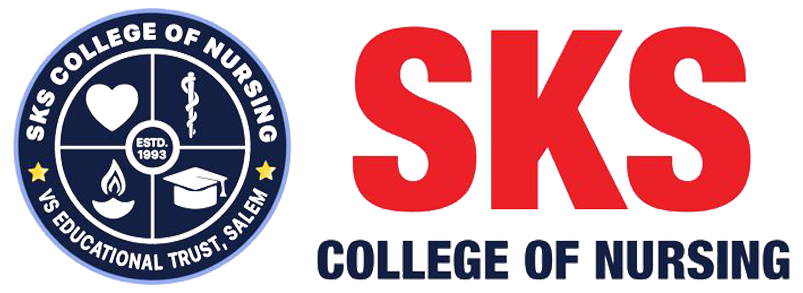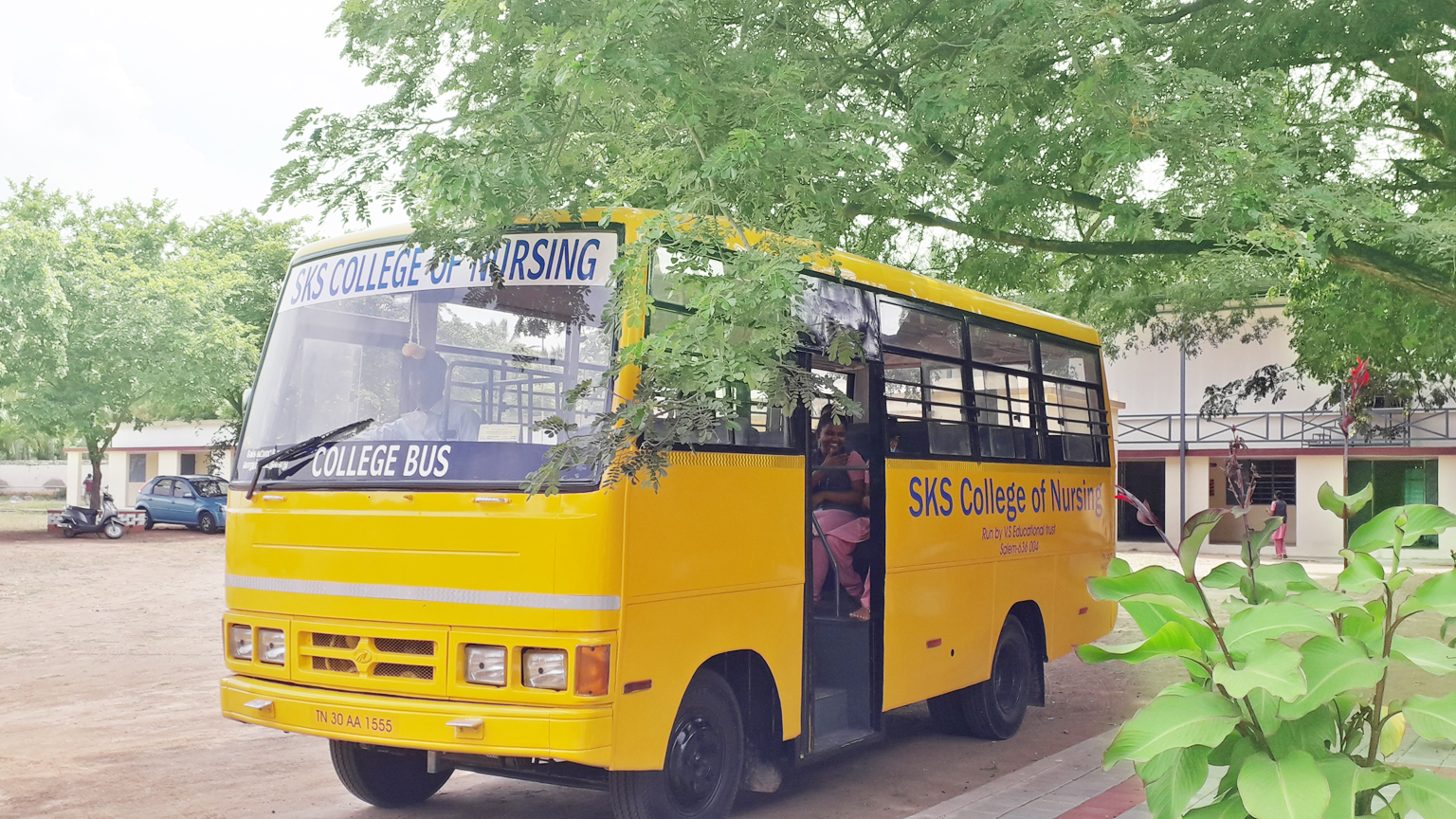

1. Dormitory Rooms: we typically consist of dormitory-style rooms where students share living spaces with one or more roommates. The rooms may be equipped with basic furniture such as beds, study desks, chairs, and storage units.
2. Common Areas: we usually have common areas where students can socialize, relax, and engage in recreational activities. These areas may include lounges, TV rooms, game rooms, or outdoor spaces for sports and gatherings.
3. Dining Facilities: we have dining halls or cafeterias that provide meals for residents. These facilities may offer a variety of food options to cater to different dietary preferences and requirements.
4. Shared Facilities: we typically have shared facilities such as bathrooms, showers, and laundry rooms. These spaces are shared among residents and are maintained to ensure cleanliness and hygiene.
5. Security: Student safety is a priority in hostels, and security measures such as controlled access, CCTV surveillance, and security personnel may be in place to ensure a secure living environment.
6. Wi-Fi and Internet Access: we provide Wi-Fi connectivity to residents, allowing them to stay connected and access online resources for their academic needs.
7. Housekeeping and Maintenance: Regular housekeeping and maintenance services are usually provided to ensure the cleanliness and functionality of the hostel facilities.
The college has its own fleet of buses that ply to and from various vantage points in the city. The buses are available to facilitate easy travel for the students and staff residing outside the college campus.
For the convenience of students and faculties staying off-campus has a fleet of 5 buses that ferry them to and from. The buses traverse the city and suburbs and routes are planned with a vivid vision to provide maximum convenience even as they meet students study schedules.


college has a well furnished library established mainly for the nursing students. It has over books, journals (bound, Indian and foreign journal subscriptions) general reading magazines and news paper for the use of students and staff. Students can also avail the internet facilities with permission for extensive earning. The library functions nearly 8 hours daily under the guidance of professionally librarians. The students are encouraged to make full use of the resources and abide by the rules and regulations of the library. The faculty ensures to foster reading habits among the students. The regular use of the library helps the students to widen the horizon of their knowledge and also be in touch with current information and development.
The institution library comprises more than 2800 books and subscribed for 25 Indian journals and 15 foreign journals. The library is updated periodically with latest text books and journals. Digital library facility is also available.
Our Digital Library contains collection text material, visual material, audio material, video material, stored as electronic media formats (as opposed to print, microform, or other media), along with means for organizing, storing, and retrieving the files and media contained in the library collection.
Digital libraries can vary immensely in size and scope, and can be maintained by individuals, organizations, or affiliated with established physical library buildings or institutions, or with academic institutions. The electronic content may be stored locally, or accessed remotely via computer networks. An electronic library is a type of information retrieval system.
The Library currently kept open on all the working days, except the government holidays. Monday to Saturday: 9.30 AM to 5.30 PM Timings of Circulation Counter: Monday to Saturday: 9.30 AM to 5:30 PM.
Sports and games are an integral part of college life, promoting physical fitness, teamwork, and overall well-being. Our college offer a variety of sports and games facilities and opportunities for students to participate in recreational activities. Here are some common aspects of sports and games in colleges:
1. Sports Facilities: Our College typically have sports facilities such as stadiums, gyms, indoor and outdoor courts, fields, tracks, and swimming pools. These facilities are often equipped with the necessary equipment and amenities for various sports and games.
2. Intramural Sports: Intramural sports programs provide opportunities for students to participate in organized sports leagues or tournaments within the college. Students can form teams with their fellow students, compete against other teams, and enjoy a wide range of sports like Cricket, basketball, soccer, volleyball, tennis, badminton, and more.
3.Fitness Centers: Our College often have fitness centers or gyms equipped with exercise machines, weights, and fitness classes. These facilities provide students with opportunities to engage in individual workouts, group fitness activities, or seek guidance from fitness professionals.
4.Sports Clubs and Organizations: Our College may have a variety of sports clubs and organizations catering to specific interests or niche sports. These clubs provide platforms for students to pursue their passion for a particular sport, organize events, and compete at regional or national levels.
5. Recreational Activities: Alongside organized sports, colleges may offer recreational activities like yoga, dance, martial arts, hiking, and more. These activities promote physical fitness, relaxation, and holistic well-being.
6. Sports Events and Tournaments: Our College often organize sports events, tournaments, and annual sports days where students can showcase their skills, compete against each other, and build a sense of camaraderie and school spirit.

